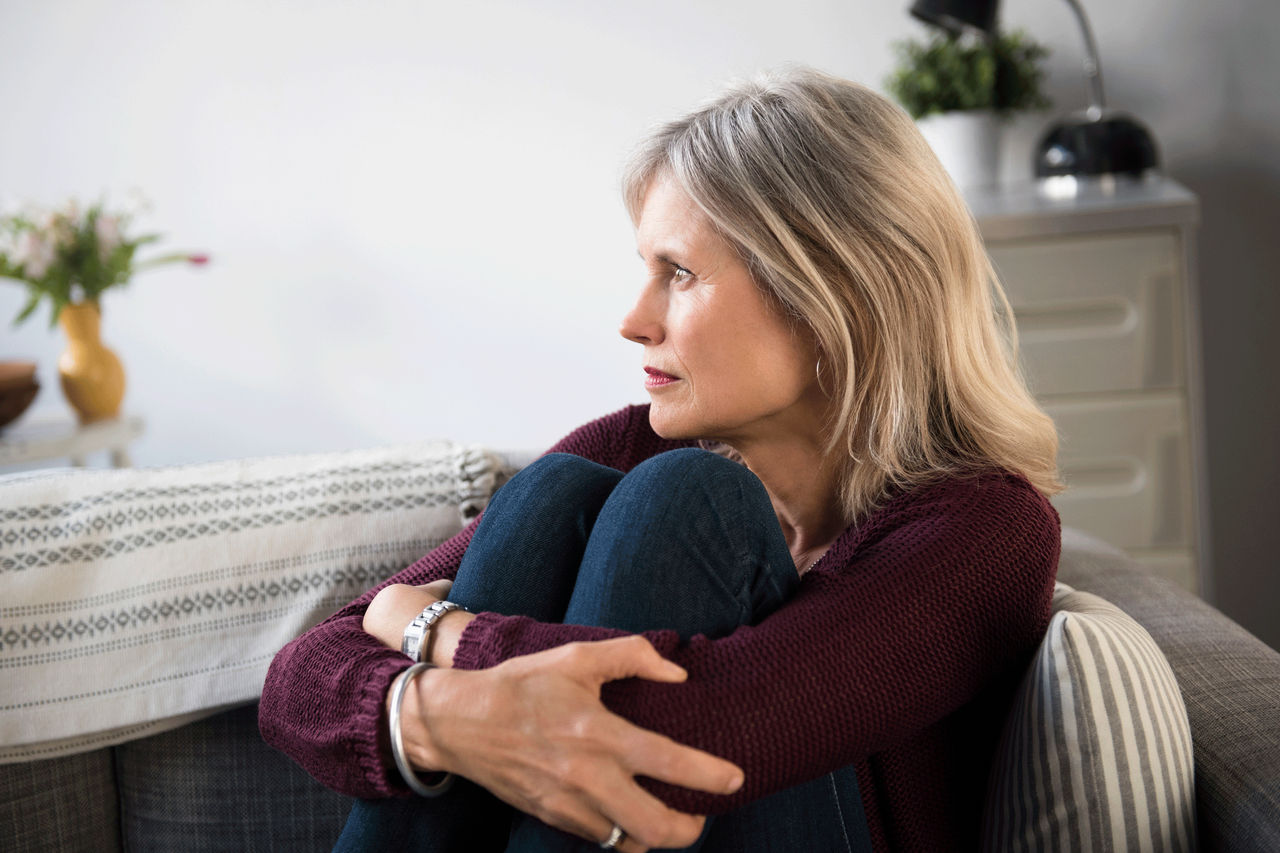Generalized Anxiety Disorder Symptoms

Generalized anxiety disorder symptoms aren’t always obvious. You might be restless and irritable or easily tired and have tight muscles. Here’s what you should know.
Everyone worries sometimes.
Some people get caught up in worry about a problem like a child doing badly in school, but that may not mean they have generalized anxiety disorder.
Chronic worriers tend to have more than one concern and can’t calm themselves easily. Worrying is a pattern, so they always find something to worry about. They might be especially cautious and reactive to possible threats that appear. They simply feel uneasy more often than not.
Excessive, ongoing anxiety that is difficult to control may be a sign of generalized anxiety disorder.
YOU MIGHT ALSO LIKE: How Anxiety Affects Your Health
Generalized anxiety disorder symptoms
Beyond the chatter in their heads, they develop at least three of the main generalized anxiety disorder symptoms:
- Restlessness or agitation
- Becoming tired easily
- Poor concentration and moments of mental blankness
- Irritability
- Tight muscles
- Trouble falling or staying asleep, or unsatisfying sleep
The symptoms may sound ordinary. But if you live with several of them over six months or more, your anxiety may get in the way of your functioning, whether at home, in school, at a job, or when socializing.
Sometimes symptoms are actually signs of drug abuse, or they occur as a side effect of medication or other illnesses.
You might only be afraid at parties or focus your worry on your health. Some people have panic attacks, which is a different diagnosis.
People with generalized anxiety disorder symptoms are more likely to develop alcohol or drug problems because they use the substance to manage anxiety.
About a third of people with anxiety disorders are never treated. If you have irritable bowel syndrome, asthma, or heart disease, you should be evaluated for anxiety as well. If you have unexplained health problems, it’s irritating to be told that your thinking is causing your problems. But anxiety can aggravate a wide range of symptoms, so pay attention to the issue.
For instance, allergies tend to be worse when people are under stress.
How to treat generalized anxiety disorder symptoms
To tackle the problem, you might first review your habits to see whether you can minimize triggers to anxiety. For some people, caffeine is a trigger. Quitting smoking tends to reduce anxiety, and people get anxious when they pick it up again.
If you are anxious, the basics of maintaining good sleep and exercise routines are especially important. Exercising at 60 to 90 percent of maximum heart rate for 20 minutes three times weekly has been shown to decrease anxiety.
Yoga can be calming, too, and free up those tight muscles.
You might try putting calming scents on your pillow or in a bath. When researchers asked heart surgery patients in a Korean hospital to inhale a blend of lavender, chamomile, and neroli each day, the participants slept better, reported less anxiety, and had lower blood pressure than a control group that didn’t get the pleasing scents.
Research backs short-term cognitive behavioral therapy, which focuses on correcting harmful thought patterns, as a remedy for anxiety.
Meditation isn’t just a fad — it has been proven helpful to reduce anxiety.
When it comes to medication, try to avoid benzodiazepines like Ativan, except short-term. Antidepressants are helpful, and benzodiazepines are sometimes prescribed alongside them to help people sleep and feel better quickly.
But they won’t make you calmer over the long run. They are addictive and can be hard to quit.
Updated:
July 20, 2023
Reviewed By:
Janet O’Dell, RN